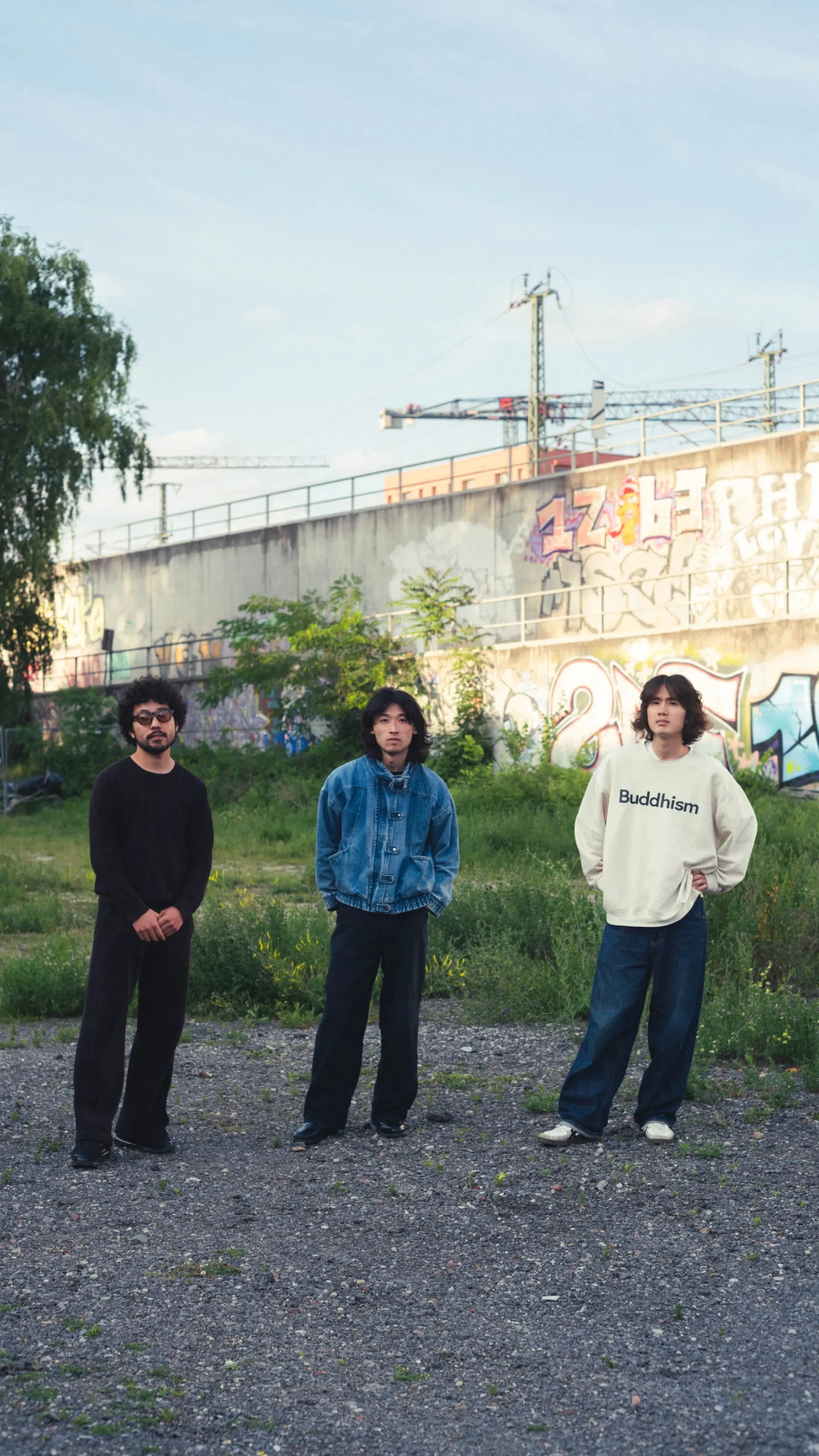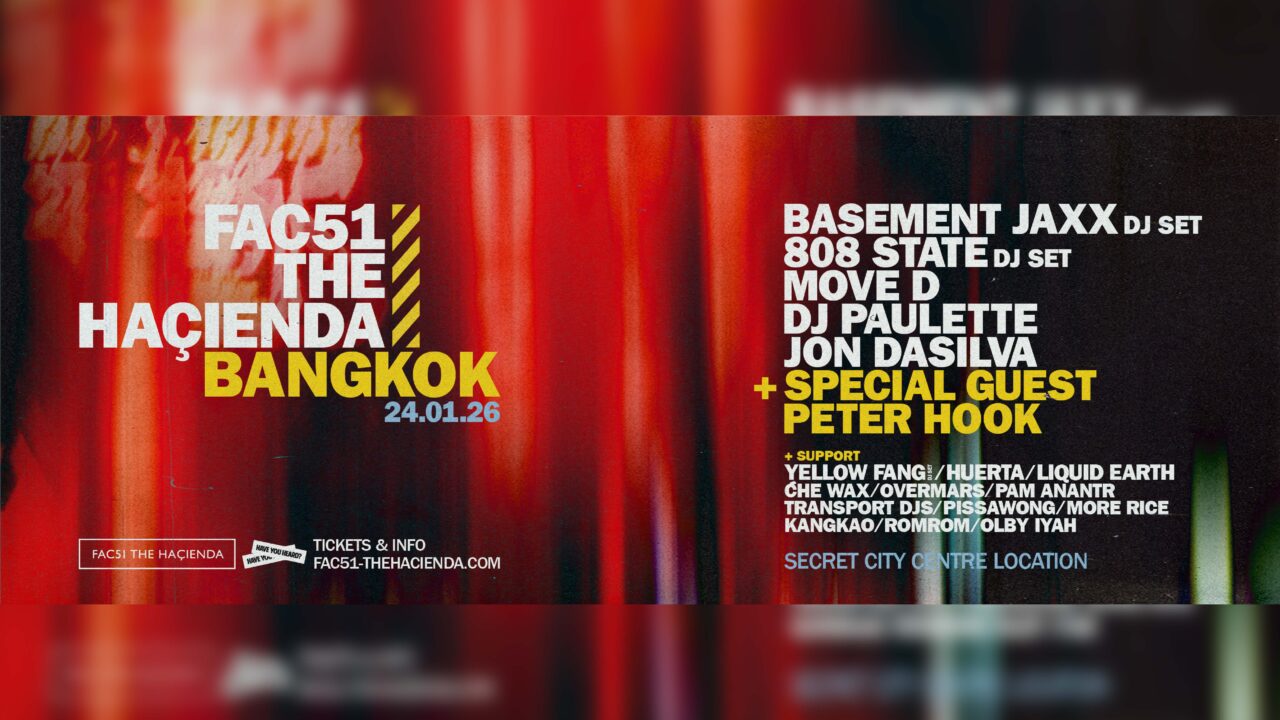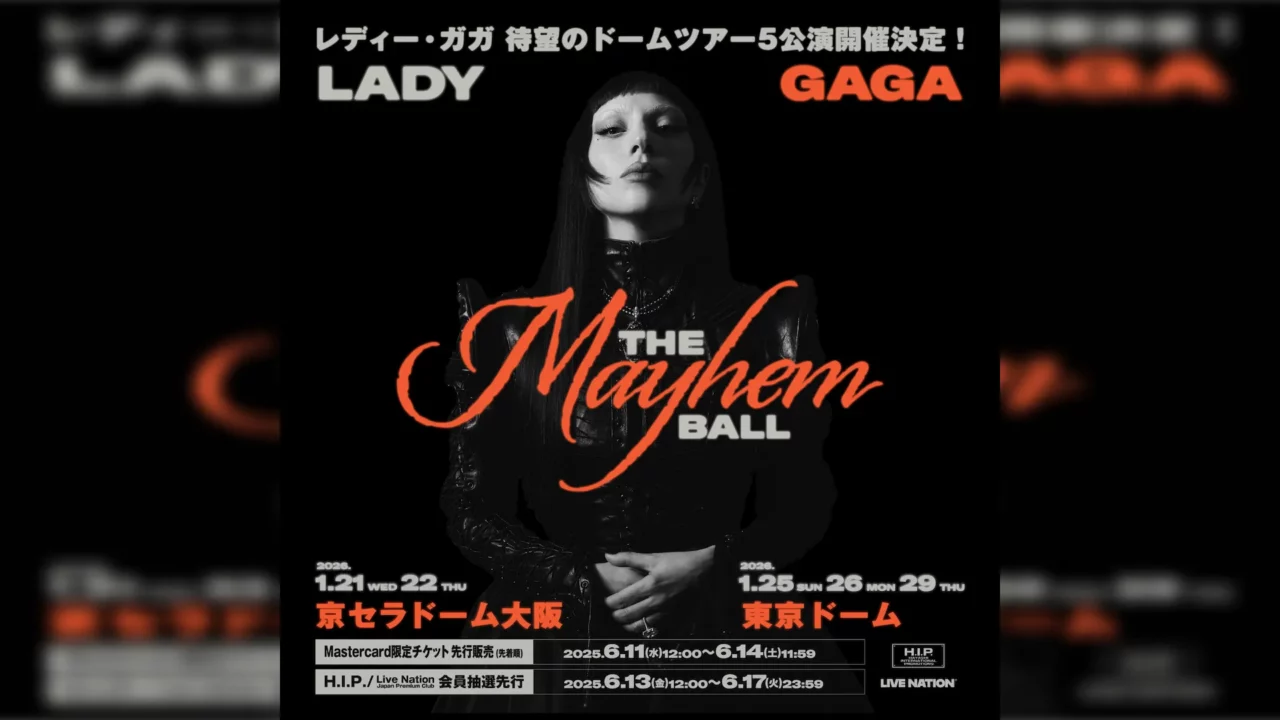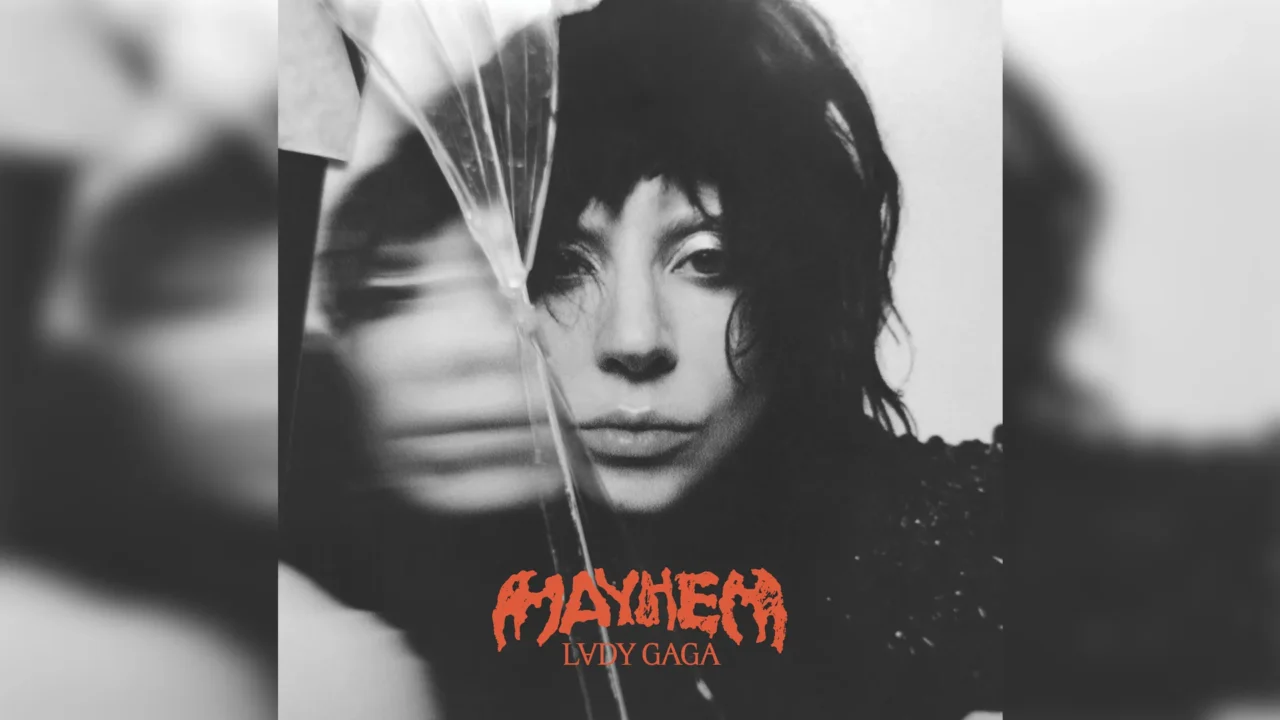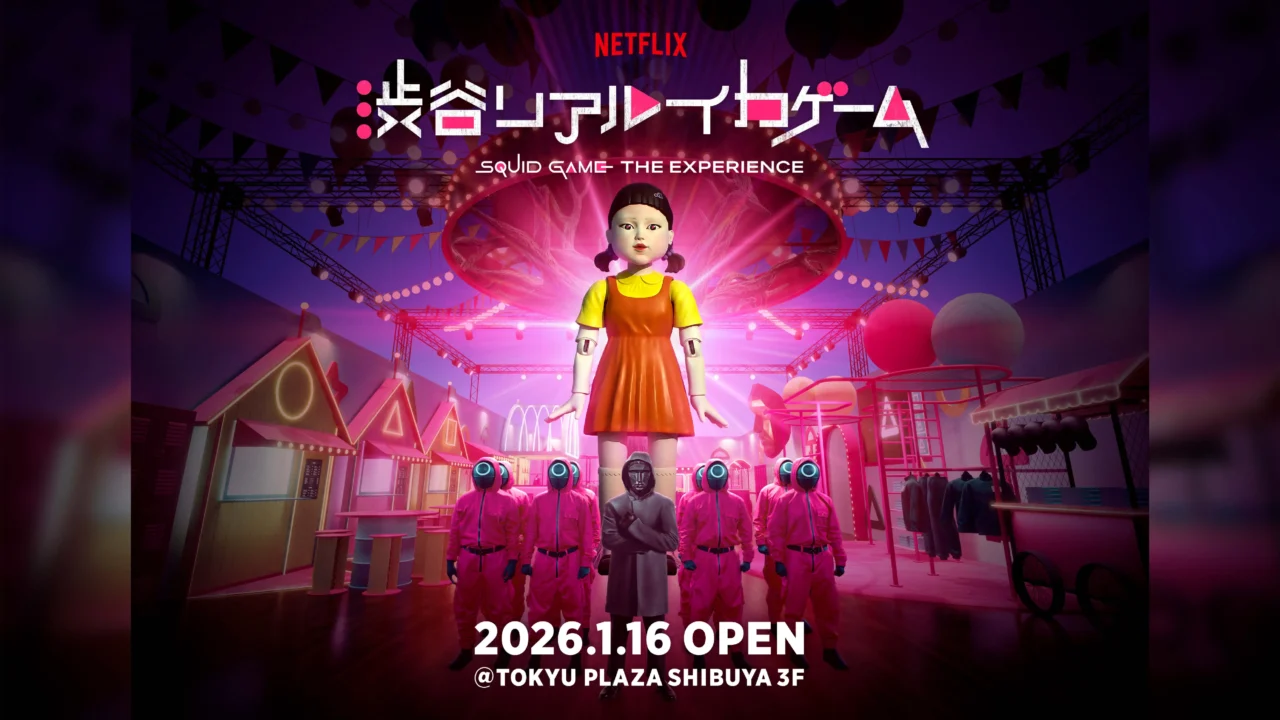maya ongaku, the quietly radiant band from Enoshima, has returned to Europe. Just weeks after completing their US tour in June 2025, the trio finds themselves once again on unfamiliar ground — but this time, with a different rhythm. They recall their first European tour in 2023 as a kind of “survival,” a whirlwind of uncertainty and adaptation. Now, there’s air between the notes. Confidence between the shows. City by city across Germany, they’re not just performing — they’re unfolding. We spoke with them just before soundcheck, as the next chapter was quietly taking shape.
INDEX
Survival Behind Them, Sound in Front: The Calm of a Second Tour
First off, how’s it been jumping into this European tour right after finishing the US leg?
Sonoda (Gt,Vo): The US tour was way more physically demanding. We had to cover our own hotel costs, so we were constantly trying to cut back wherever we could.
That’s what you wrote about in the maya ongaku in America: The Realities of an Indie Tour
series, right?
Sonoda: Yeah, that’s the one. Sometimes meals were provided, but most of the time we just assumed there wouldn’t be any. That mindset alone made the whole thing pretty tough. We were always trying to save money, so the three of us would cram into one room—and one person would always have to sleep on the floor.
Decided by rock-paper-scissors?
Sonoda: Exactly. The loser was automatically on floor duty. I’m terrible at rock-paper-scissors—I kept losing at the start. But toward the end, I finally started winning [laughs].
Takano (Ba): Yeah, physically speaking, the US tour was a lot more intense.
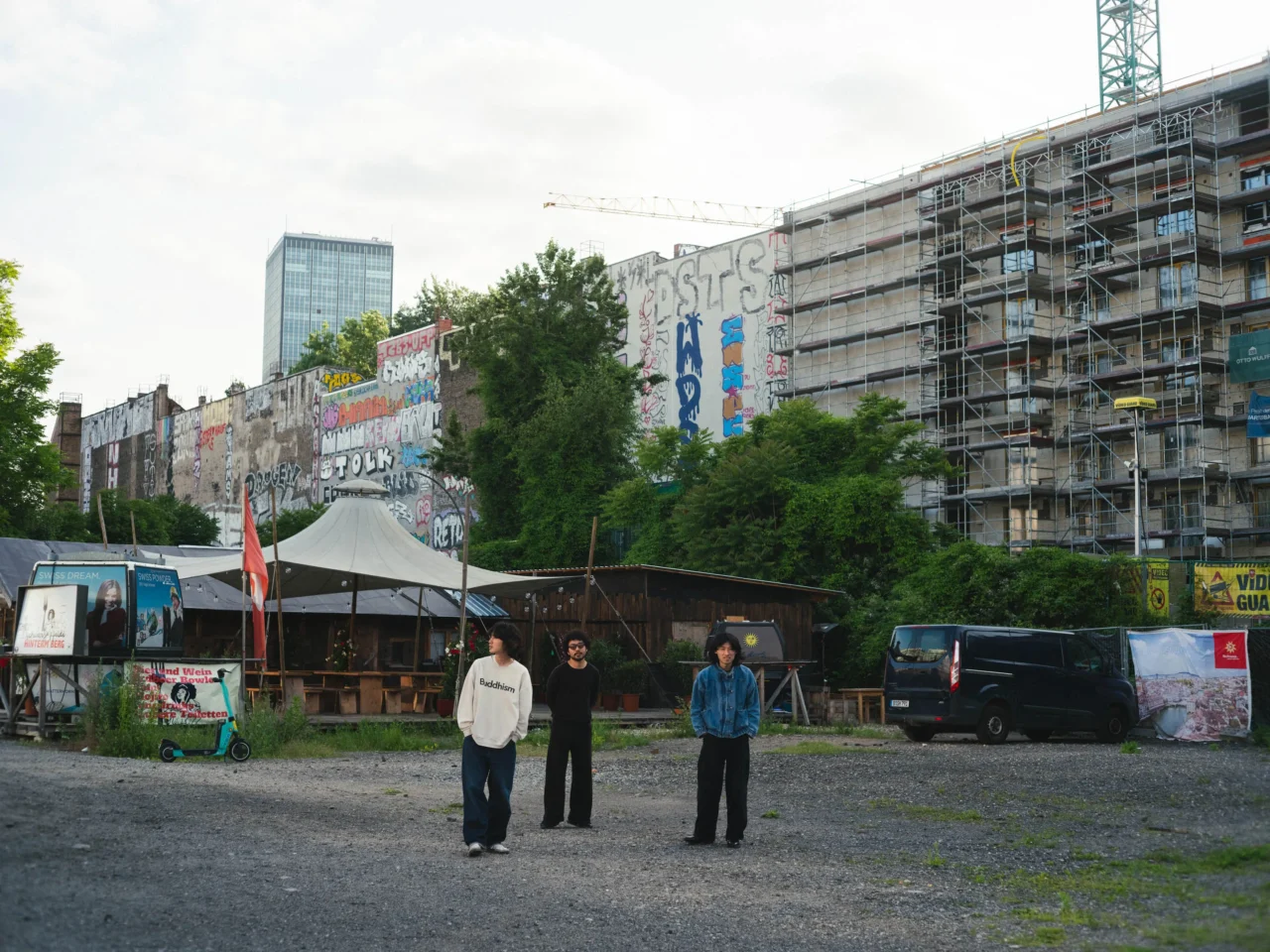
In 2023, they unveiled their debut album Approach to Anima through Guruguru Brain and Bayon Production, marking their bold step onto the international stage with a successful EU and UK tour later that year, followed by a domestic run. Their sonic journey continued in 2024 with the release of the evocative EP Electronic Phantoms.
Having graced the stages of Japan’s premier festivals—Morimichi Market, FFKT, FUJI ROCK, ASAGIRI JAM, and FUJI&SUN—alongside standout performances at major Asian festivals in South Korea and China, maya ongaku stands as a collective of local visionaries weaving ancient energies into fresh, otherworldly sound.
So, did you feel much more at ease mentally on your second European tour?
Sonoda: Absolutely. It felt almost like a typical Japanese tour this time around. Plus, since it was summer, the weather was comfortable. On top of that, the level of hospitality was noticeably better.
Ikeda (Key, Sax): The US tour was definitely tougher, so having that experience first might have made this one easier. And of course, being the second time helps.
Sonoda: With more overseas tours under our belt, we know the ropes now. The hospitality has improved a lot since last time. We even sold out some shows, so the venues treated us well. Last tour, we had some rough nights — sleeping cramped together, sometimes on the floor, and once even on a boat.
Takano: Sleeping on a slanted surface…
Sonoda: Yeah, like the whole time it was rocking slightly [laughs].
Compared to that, this is a huge step forward!
Sonoda: Definitely. As the band grows, we’re treated with more care and respect. Before, people barely knew who we were—it was more like, “Who are these guys?” But now, wherever we go, there are fans who really connect with us. The promoters want to support and promote us, too. We’ve built friendships, hang out after shows, get proper places to sleep, and sometimes even have breakfast waiting for us.
-Sonoda:In Germany, basically everything was messed up.
Sonoda: Which cities gave you the strongest reactions?
Ikeda: Honestly, Germany was incredible across the board. Munich and Stuttgart were both fantastic. We also played in Geneva, Switzerland.
Sonoda: London sold out and was great as well, but Germany felt like the crowd was really into the music. The feedback was immediate and enthusiastic.
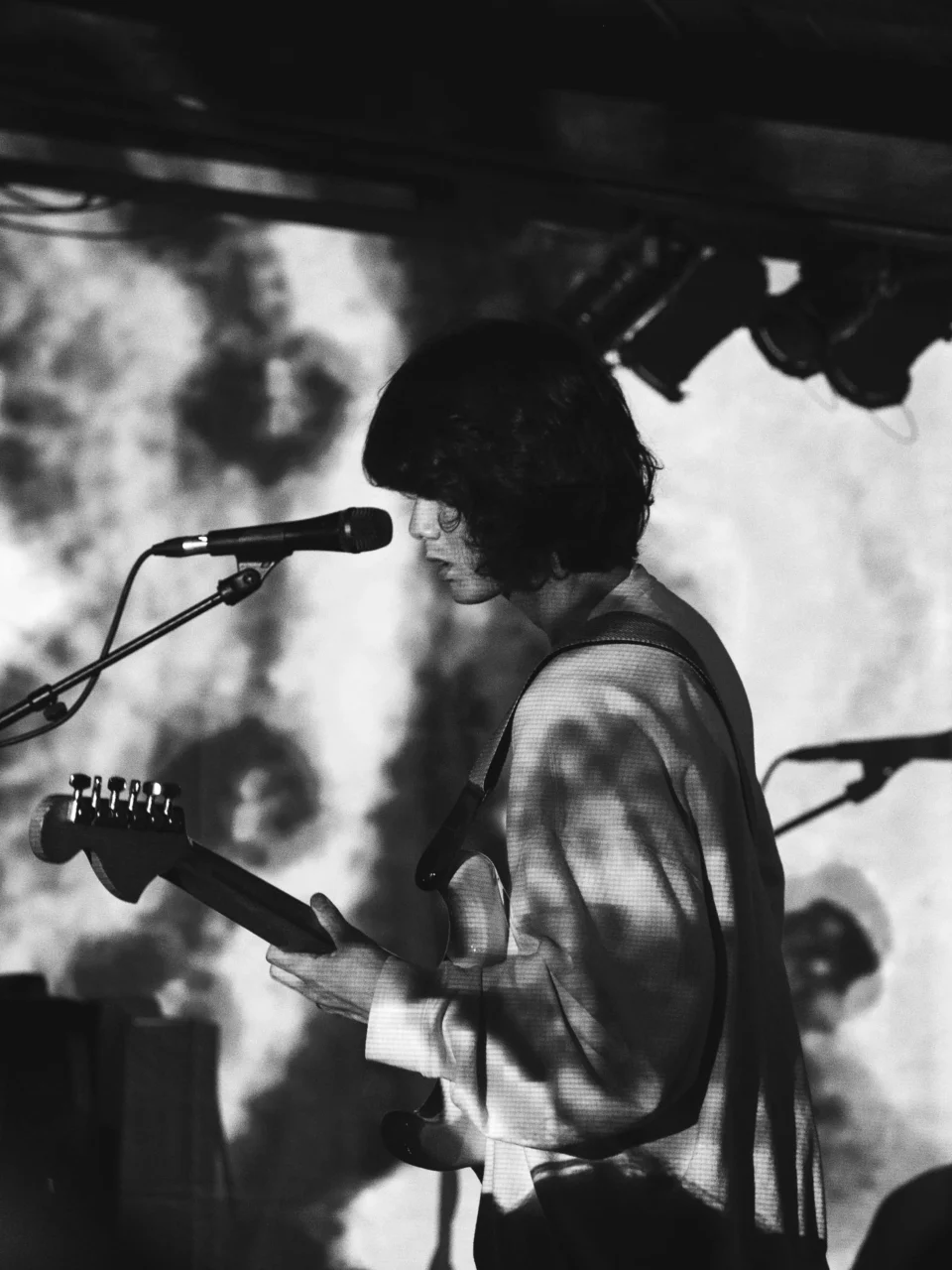
Are you enjoying the process of elevating your performances on this European tour?
Sonoda: Absolutely. Last time, we spent most of our energy just trying to get through the tour itself. It was pure survival. Without the basics secured, we’d easily catch colds, and then playing music was the last thing we could focus on. This time around, everything is much more stable, so we can fully dive into the live shows.
Ikeda: Take our instruments, for example. Before, we had to simplify our setups, but now we’re able to play with the exact gear we want. Everyone brought equipment compatible with 240 volts.
INDEX
Rejecting Predictability: The Beauty of Ever-Changing Improvisation
You once mentioned in another interview that seeing the crowd in Berlin gave you the urge to get them dancing. Do you still feel that way?
Ikeda: Between the last European tour and this one, I think we only added around two new songs from the EP, right?
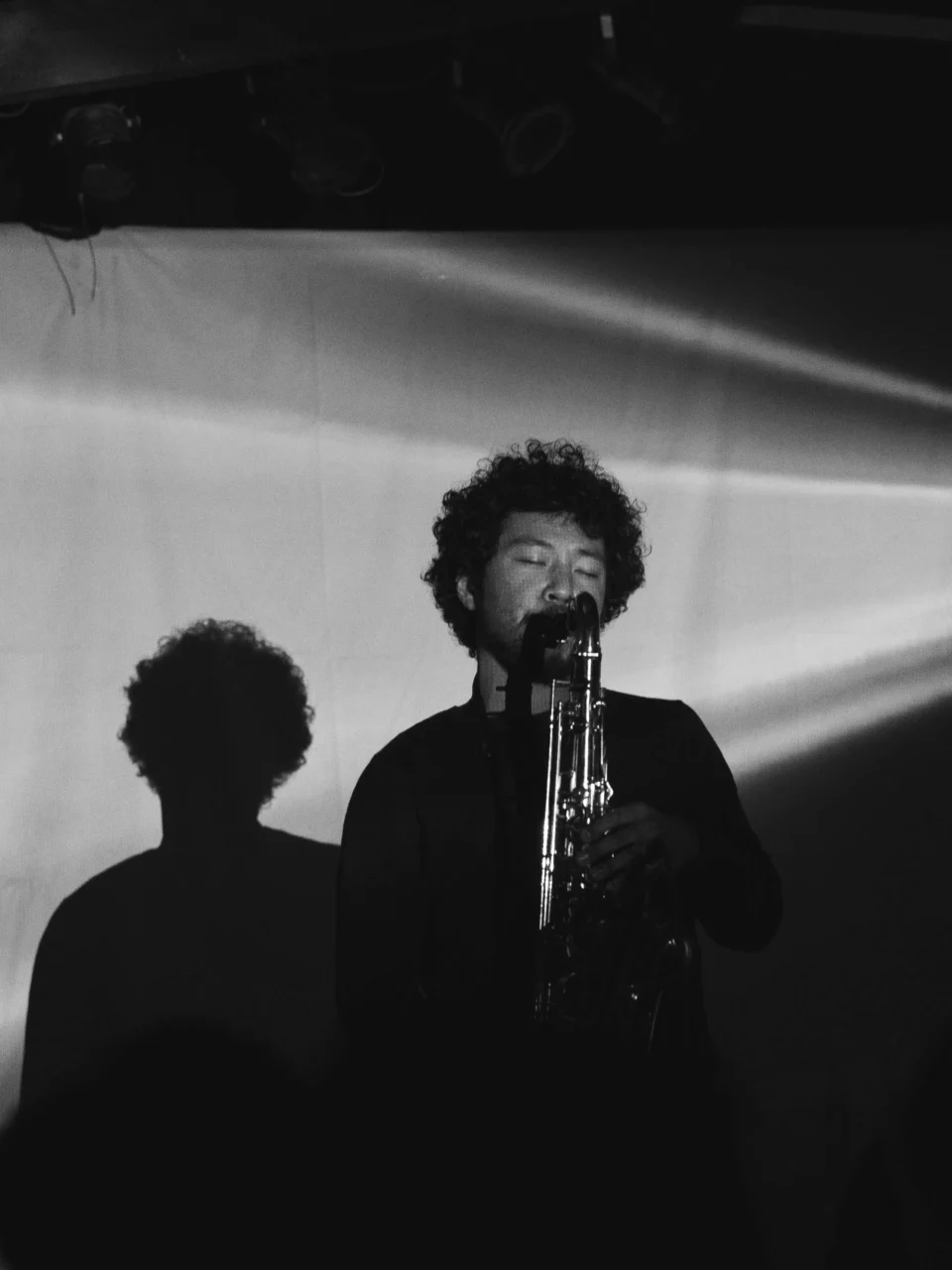
Sonoda: That’s right. Although the songs have vocals, we expand the live arrangements by adding really long improvisation sections toward the end—sometimes as long as, or even twice as long as, the vocal parts.
Ikeda: On this European tour especially, we felt a strong desire to create those improvisation spaces.
Takano: It’s fascinating because even though it’s the same song, each performance ends up completely different.
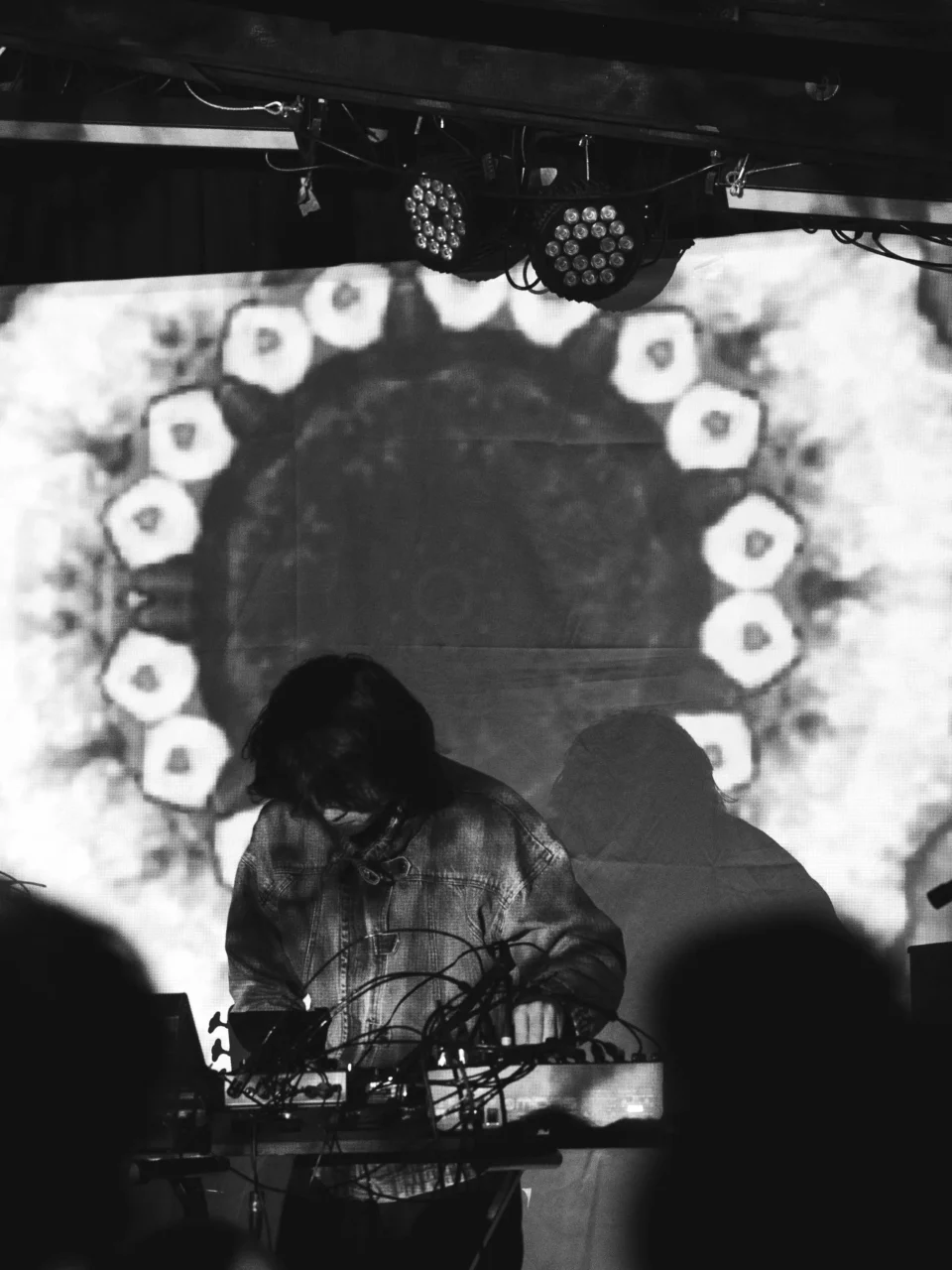
Sonoda: Exactly. We’ve heard the songs thousands of times ourselves, so having some variation keeps it fun for us too.
Playing larger venues like Amsterdam must come with added pressure, right?
Sonoda: Definitely. The bigger the venue, the more weight there is on constantly trying something new during the improvisation. In Amsterdam, even small mistakes are noticeable.
Ikeda: Plus, you’ve got Go standing front and center with his arms crossed, watching everything! [laughs]
Sonoda: Even so, I find it more embarrassing to do a rigid, rehearsed set. We’d get bored ourselves, and that kind of predictable performance feels cold. That’s why this approach is the only way for us to truly enjoy the show together with the audience. It’s about sharing the uncertainty of what’s going to happen next. For example, with “Iyō no Hito,” the timing of my solo is always different. If something interesting happens, we keep it, play it a few times, then change it again. It’s an ongoing process of evolution.
In what ways do you feel you’ve grown when performing abroad?
Sonoda: One big change is how we react to mistakes. Before, if someone messed up, everyone would panic like everything was falling apart. Now, we stay calm—mistakes don’t faze us anymore.
So it sounds like you expect things to go wrong?
Sonoda: Exactly. On the first day of this tour in London, Ikeda broke a keyboard again.
Ikeda: Again? [laughs]
Sonoda: Yeah, he did the same thing in Berlin last time. This time, the sound just cut out. But no one lost their cool. We just thought, “It’s all good,” and even found it kind of amusing. It’s like rolling dice—you might get lucky, unlucky, or the worst possible outcome. But either way, it’s no big deal. There’s always a next show.
Have you noticed differences in how audiences react between America and Europe?
Sonoda: In America, the crowd always applauds immediately after a solo, but in Europe, it’s different. That probably reflects cultural differences in listening. In Europe, the strongest reactions come when people enter a trance-like state. Even without a big, explosive moment, there’s a steady build-up of energy, like it could snap at any second.
INDEX
A New Generation’s Take on the Challenges of Overseas Touring
Your yearly schedule includes Southern Germany, Fuji Rock, tours in China, and the US — do you think the groundwork laid by Guruguru Brain and Kikagaku Moyo has helped you travel the world like this?
Sonoda: Yeah, we go straight from China to the US, so around three weeks in total. Then after we return, there’s an Asia tour, so we’re basically always on the move. I believe a lot of it comes from Kikagaku Moyo spreading the message that “you can do it.” We feel like we’re following their path.
Copenhagen and Stockholm will be your first time performing there, right?
Ikeda: Yeah, we’re really excited. We have no clue how the audience will respond, so it’s just about going with the flow and seeing what happens.
What advice would you give younger bands about the challenges and toughness of touring overseas?
Sonoda: Honestly, it’s more doable than people think. I truly believe anyone can do it—it’s mostly about handling the basics well.
Ikeda: We want to break the myth that “music is difficult.”
Sonoda: When people praise major artists for their “complex chord progressions,” that’s a kind of overly rigid, authoritative mindset. Western music evolved around chord theory, celebrating geniuses like Bach and Beethoven. But before that, music all over the world was mostly repetitive rhythms. That got academicized and turned into this idea that music is only for geniuses. Rock broke that, but now the mainstream scene is getting complicated again. We want to tear that down. Our music is mostly loops, and even just one chord works. Complexity isn’t necessary.
Ikeda: Honestly, it feels simpler than today’s popular trend of making tracks alone at home. Playing live together creates harmony and is more fun than solo home recording. Also, the idea that “you need a drummer” is outdated. Bands can work perfectly fine without one.
Sonoda: Ultimately, it’s about “doing it or not.” Don’t overthink if you can or can’t—just go for it. There are countless ways to enjoy what you have. Grab every opportunity and make the best of it. That’s it.
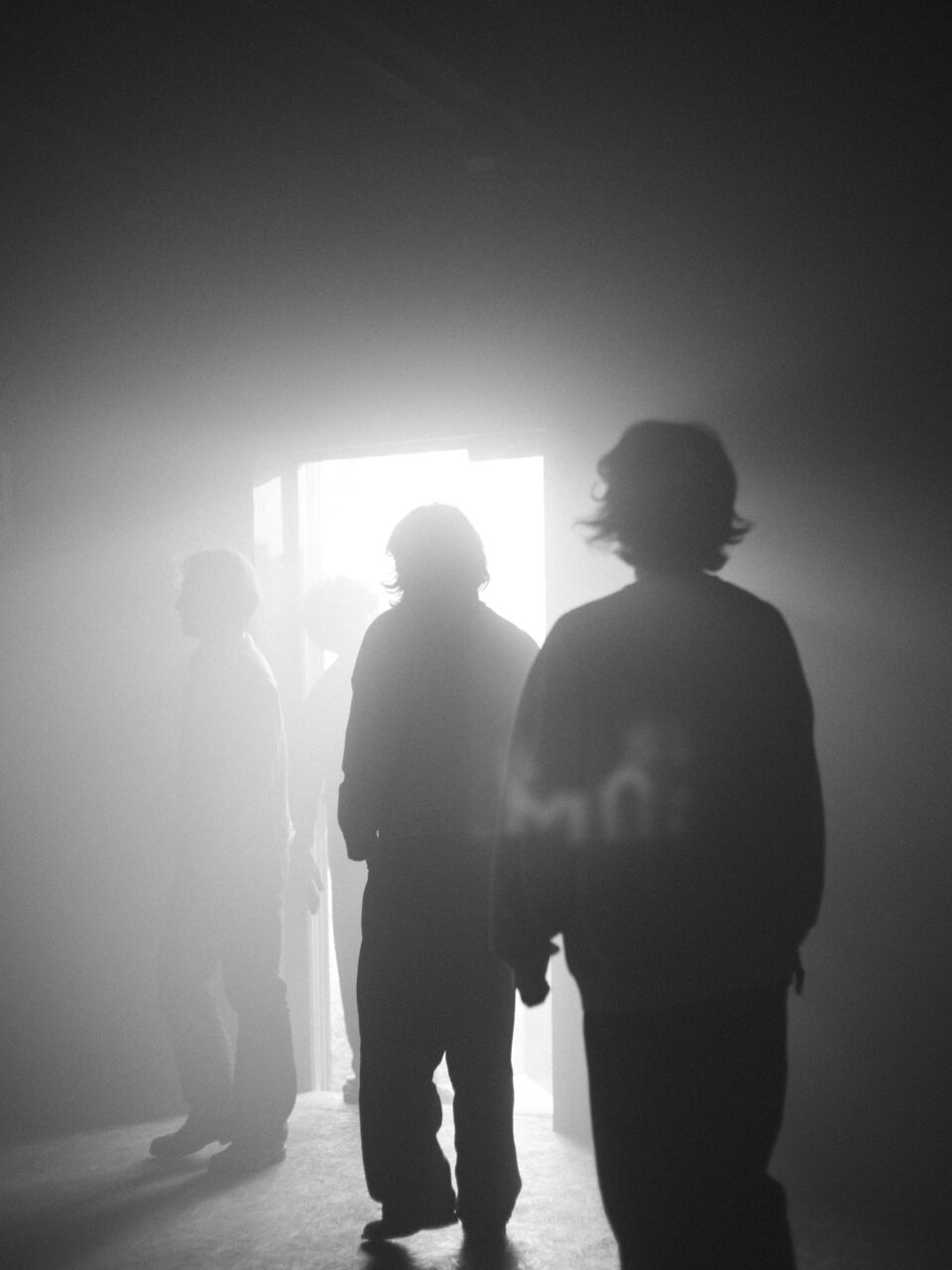
After the interview, the concert I watched showcased generous improvisation throughout each song, perfectly capturing their approach of “embracing whatever the dice roll.” When we spoke with them after the show, they grinned and said, “Tonight, we got a good roll.” The following day, they set off for Scandinavia. As they prepared for their debut shows in Copenhagen and Stockholm, their faces radiated confidence and excitement, with one saying they were “looking forward to it more than anything.”
rhythm echo noise
The joint event “rhythm echo noise” by maya ongaku and WWW is set for August 22! This special party will feature guest acts Minami Deutsch and Guruguru Brain Crew.
rhythm echo noise
– Guruguru Brain special –
ACT
maya ongaku
Minami Deutsch
Guruguru Brain Jam
Guruguru Brain DJs
VENUE
SHIBUYA WWW X
https://www-shibuya.jp/
Date: Friday, August 22, 2025
Open: 18:00 / Start: 19:00
Advance: ¥4,500 / Door: ¥5,000 (tax included, plus drink fee)
Tickets on sale now:
Ticket Pia | https://w.pia.jp/t/rhythm-echo-noise/ [P Code: 301-270]
e+ | https://eplus.jp/rhythm-echo-noise2025/
Lawson Ticket | https://l-tike.com/rhythmechonoise/ [L Code: 72500]
Zaiko | https://wwwwwwx.zaiko.io/e/rhythm-echo-noise2025
Organizer & Production: BAYON PRODUCTION / WWW
Inquiries: WWW 03-5458-7688




